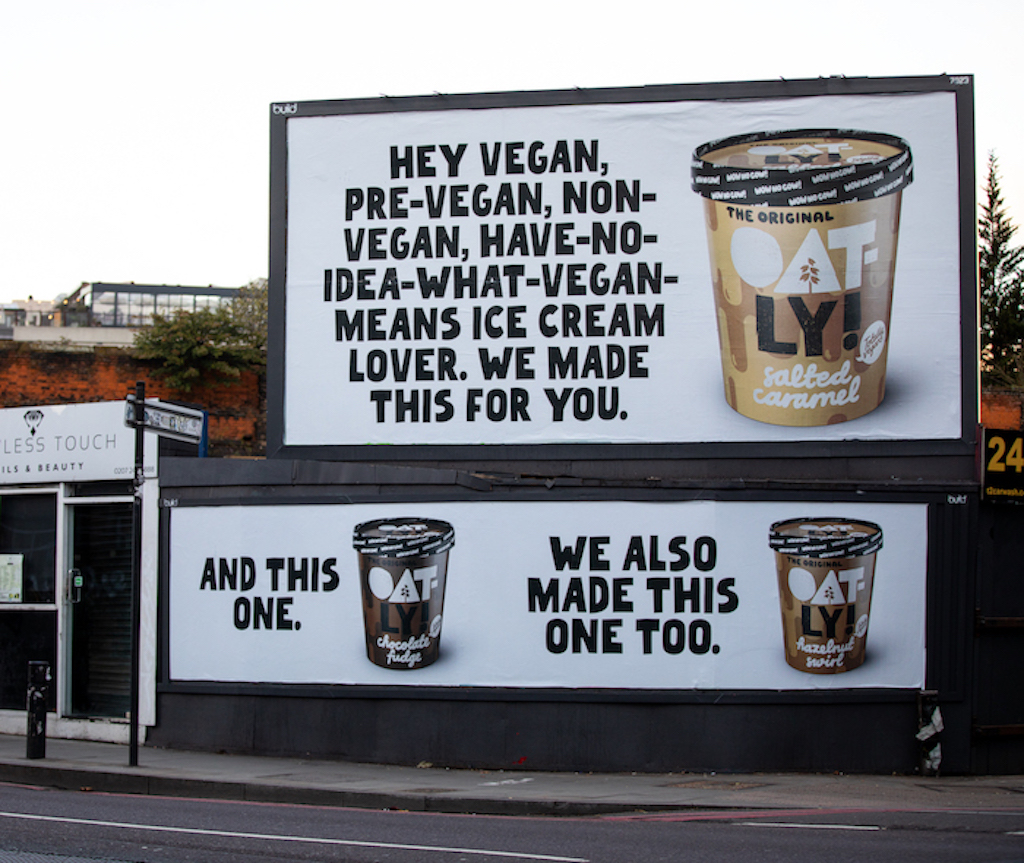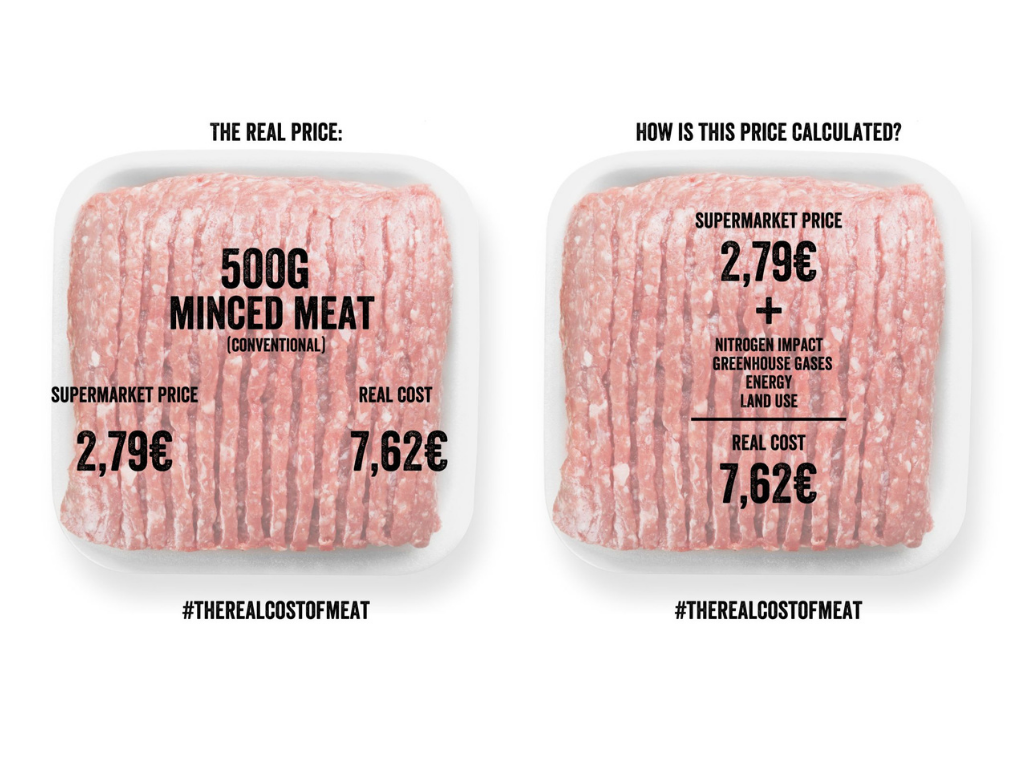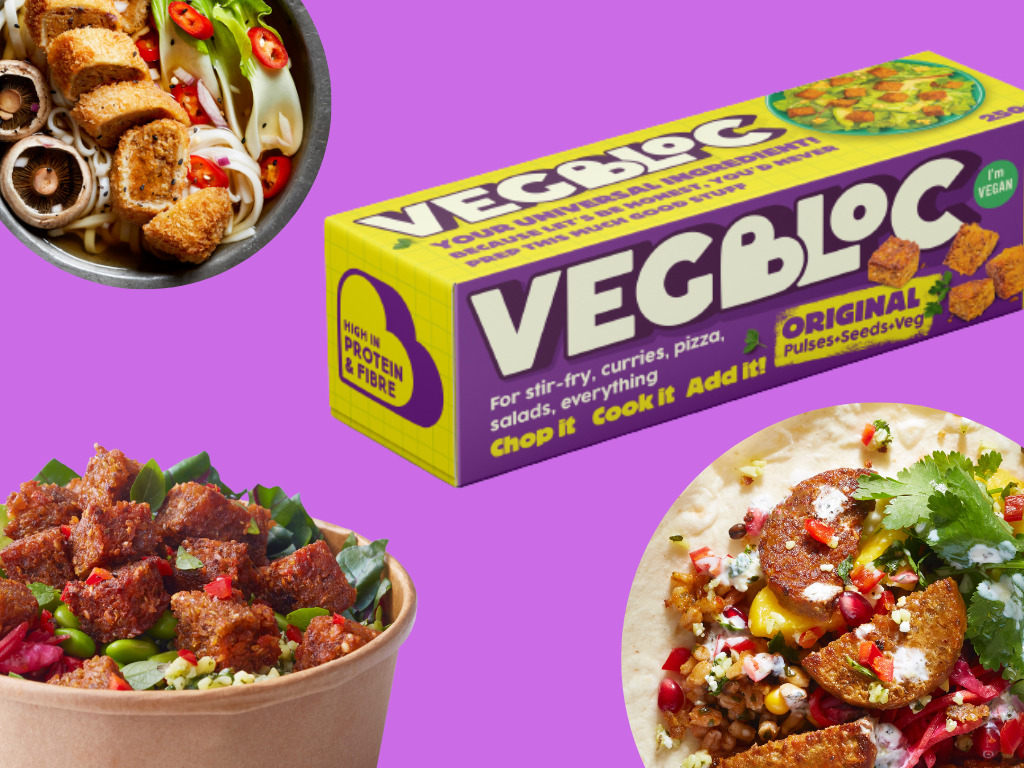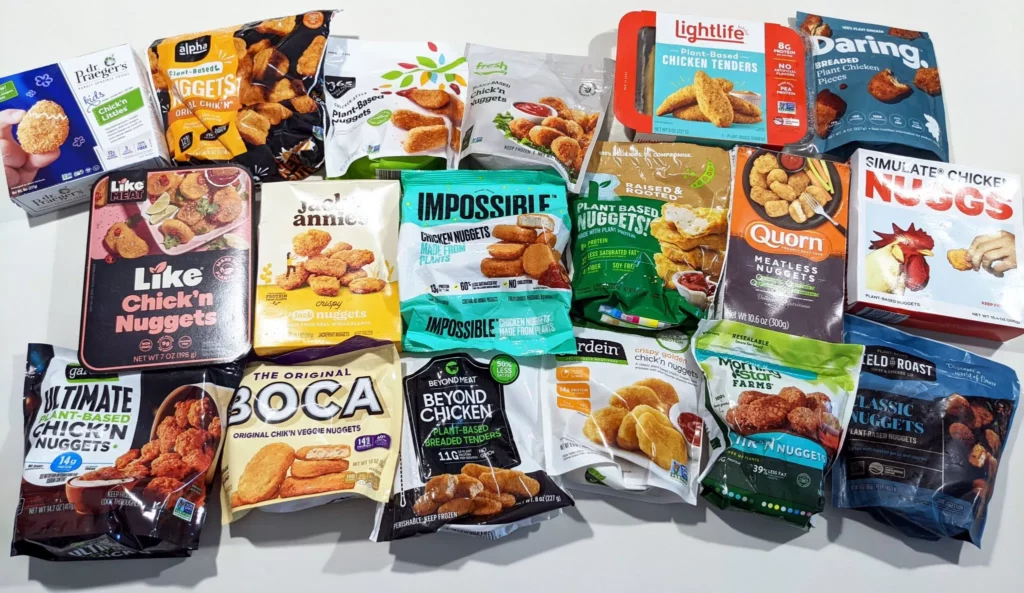Plant-Based 2.0: Addressing the Industry’s 10 Biggest Challenges
6 Mins Read
By Sonalie Figueiras, Editor-in-Chief, Green Queen Media and Maarten Geraets, outgoing MD Alternative Protein, Thai Union
There’s no denying that times are tough for the global plant-based industry. Retail sales are down, investors have lost confidence, startups are ceasing operations and the mainstream media is pushing one negative narrative after another. As we look ahead to what’s next, it’s time to also look in the mirror. There are many lessons we as a sector need to learn and here are 10 of them.
1) Make The Consumer the Priority
The category as it stands today is far too technology-driven, we need to move to consumer-centric propositions that leverage strong consumer insights as soon as possible. In fact, we need to START with the consumer. It seems that many, if not most, plant-based brands totally forgot about doing consumer segmentation work when creating their product offering. As any food entry-level exec will tell you, if you don’t know who you’re selling to, you’re selling to no one.

2) Invest in Marketing and Marketers
One thing the sector has not done enough is invest in marketing and marketers. From winning concepts to persuasive communication, we need to rethink how we communicate to end consumers. Plant-based brands today are over-reliant on negative storytelling, e.g. ‘we do not slaughter cows’. Not only is this lazy marketing, it’s not the way to get consumers on board. In the polarized world we live in, consumers need positive encouragement and are looking for brands that represent joy.
3) Reassess The Sustainability Agenda
Despite what many of us in the industry would like to believe, sustainability is simply NOT a key driver for consumers, plant-based or otherwise. For many founders in this space, helping to mitigate the consequences of the global climate crisis is a (if not THE) major reason why they started their companies. The reality is that on the consumer side of things, it is a different story- the climate is not a relevant RTB (Reason To Believe). Beyond a small group of early adopters, the average person is not making grocery shopping decisions based on sustainability criteria. Companies need to keep this top of mind when making strategic branding and marketing decisions.

4) Rethink Pricing: No More Premiums
The industry’s pricing strategy is all wrong – we’re pricing at a premium when consumers don’t understand the product’s USP. For a ‘fake alternative,’ as many perceive plant-based meats, the average shopper is not prepared to pay this premium. While it’s true that the industry is in its infancy and lacks the economies of scale that Big Food enjoys, we desperately need to find collaborative ways to bring product costs down and make animal food alternatives as attractive as possible by making them as affordable as possible.
5) Return To Gastronomy: It’s Food, Not Tech
We forgot about the FOOD in Food Tech. We are creating food and our industry seems to forget about this when creating and communicating about products. We have missed promoting the culinary aspect of our product proposition. We forgot to talk to foodies, to celebrate the experience of eating great food, to showcase the gastronomic heights we can reach with our creations, the emotion that food and food culture engenders! Time for food marketers and chefs to get involved and help put the enjoyment of food and gastronomy back into plant-based food!

6) Stop Mimicking, Start Creating
We are overly obsessed with mimicking animal products and we need to stop. Here we have an opportunity to create entirely new formats and foods and to pick and choose the characteristics that we want to highlight, but instead, we are overly focused on replicating imperfect animal foods. We need to move beyond this and create our own category with its own experience, thus opening up new possibilities and avoiding direct comparisons on things like taste, texture and price.
7) Fund Behavorial Change
We completely forgot about investing in behavioral change theory. Sorry, folks, the plant-based industry is not the EV sector. We expected rapid wins and skyrocketing revenue -growth in a traditional and emotional category like food and that was misguided. Food is not cars! It’s not tech! Asking folks to change what’s on their plate requires a significant cultural, social and behavioral shift and we as an industry need to invest in this work. Changing consumer habits is a multi-decade marathon, not a 3-5 year sprint. What we are creating, what we are offering, what we are promising- all of this will take many years to nurture and grow.

8) Accept that Novelty and Hype Are Over
We (over)shot on the hype! At first, it seemed like a winning strategy. We got global headlines. We got millions of new consumers to try our products. We took over market share. But then…the hype dissipated. Consumers tasted the products, once, maybe twice, and then decided the experience didn’t live up to the hype. Disappointed and overwhelmed with a glut of samey products that were not tasty enough and fighting rising food inflations and a more complicated economic environment, they left and took their grocery budgets elsewhere. Today we’ve got too many brands, little differentiation, and a market too small as it was never really built on strong fundamentals. We need to fight extra hard to gain all those consumers back by getting back to business basics.
9) Double Down On Product Innovation
There is a need for a much more holistic innovation approach in the category, leveraging consumer insights, ingredients, technologies, marketing and sales to come to differentiated propositions for the consumer that excite, inspire and offer novel experiences. Commodity burgers and nuggets is not what inspires the consumer. A new category needs to be created: Plant-Based 2.0.
10) Improve Product Quality
This may be the hardest one to swallow: in the cold, harsh light of day, the taste, texture and nutrition of most plant-based products on the market simply aren’t good enough. After price, which we covered above, taste is the main reason consumers choose the foods they eat. Moreover, the perceived (lack of) nutrition and long, complex ingredient labels don’t help. We have to accept that we have a long way to go before we get to an average industry standard that passes the gastronomic taste, texture and nutrition test. People want to have a pleasurable eating experience! It must wow on the taste front, and frankly, most products on the shelf today simply don’t.
The industry’s raison d’être has not changed: global food systems are under huge pressure, and we can’t solve the climate crisis without reducing animal foods consumption, not to mention that food supply chain disruptions will become a regular reality. As we move towards a world of 2°C warming and 10 billion people, we need to find new, sustainable ways to feed ourselves. Let’s build a future-proof plant-based industry by focusing on what matters: what consumers want and need.



